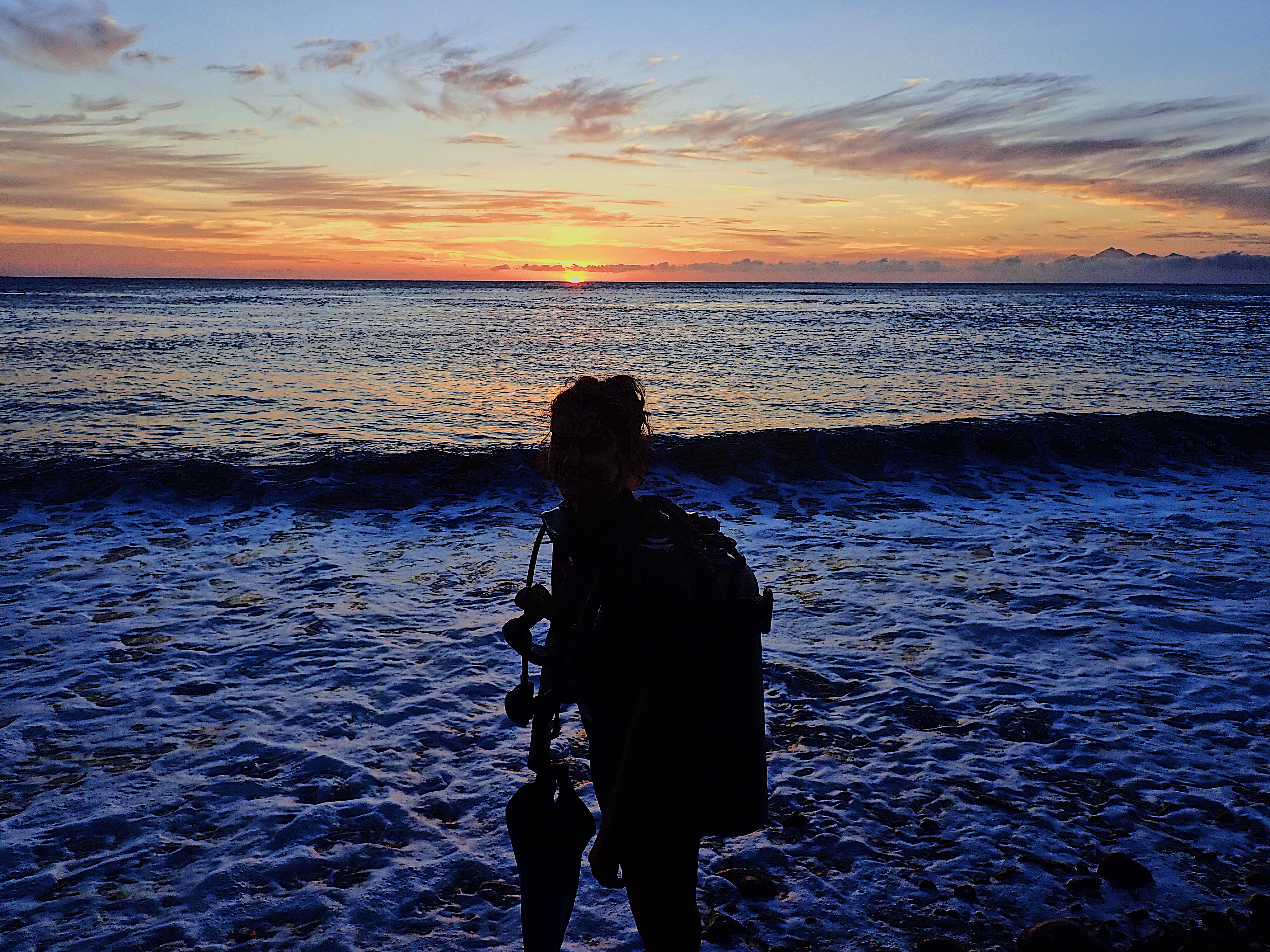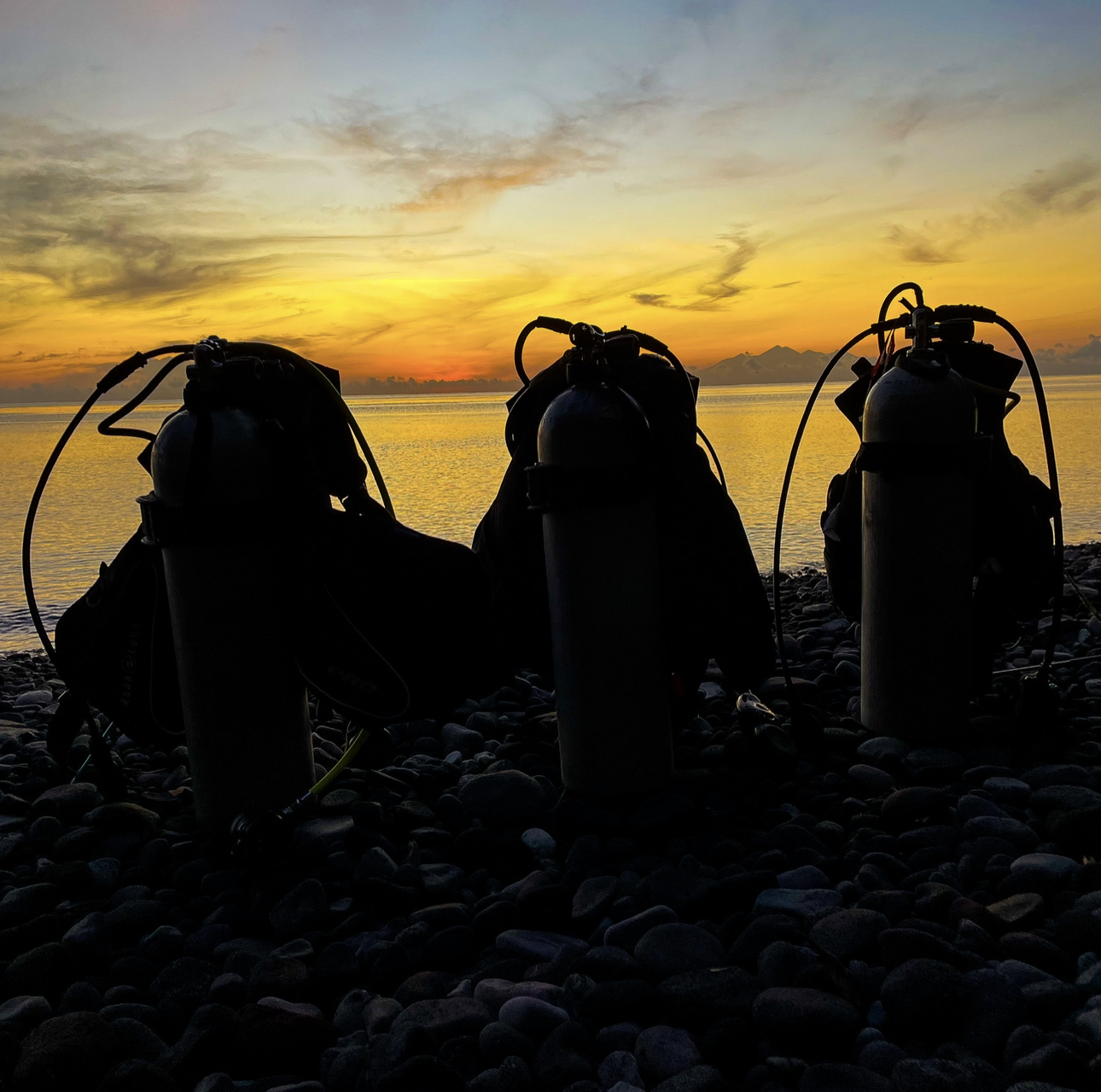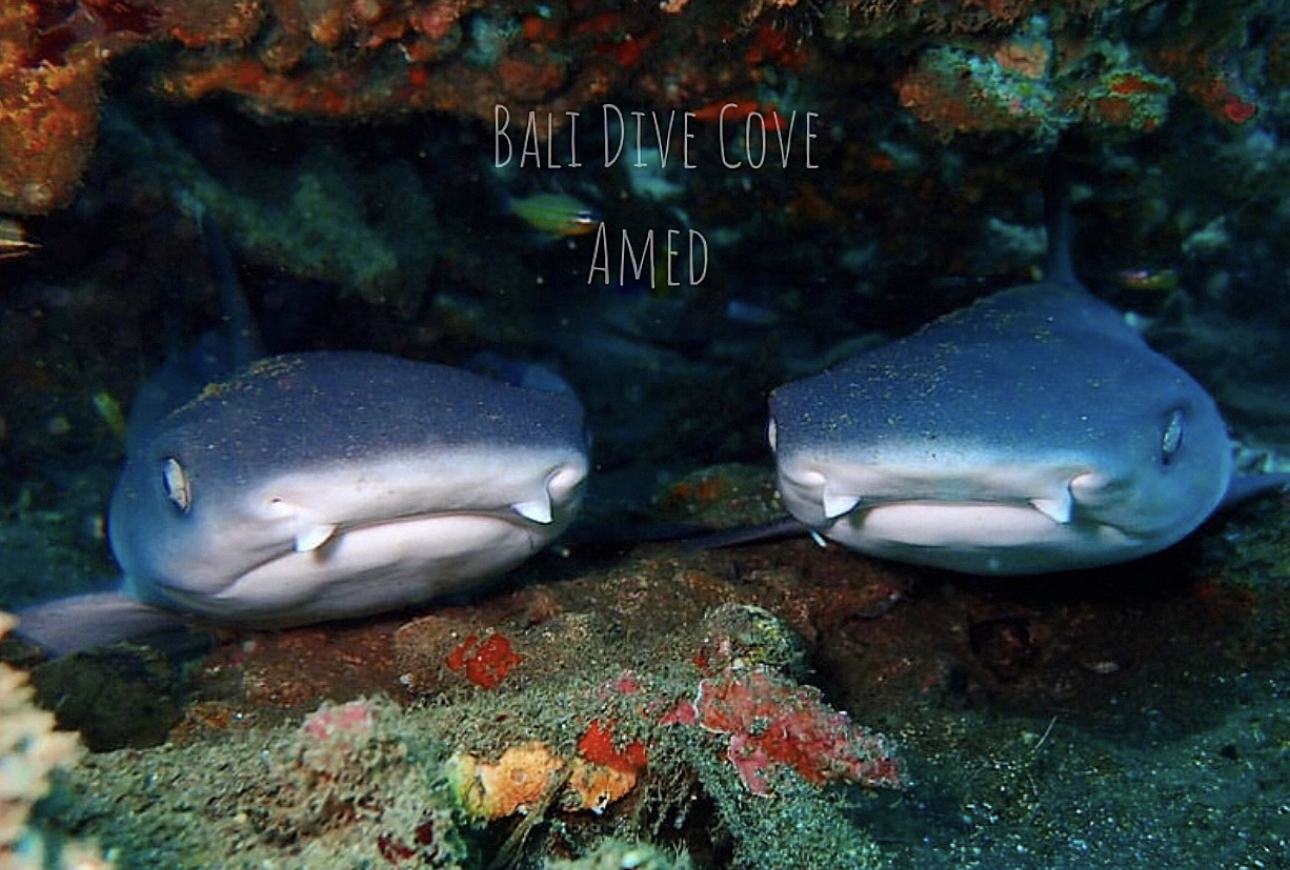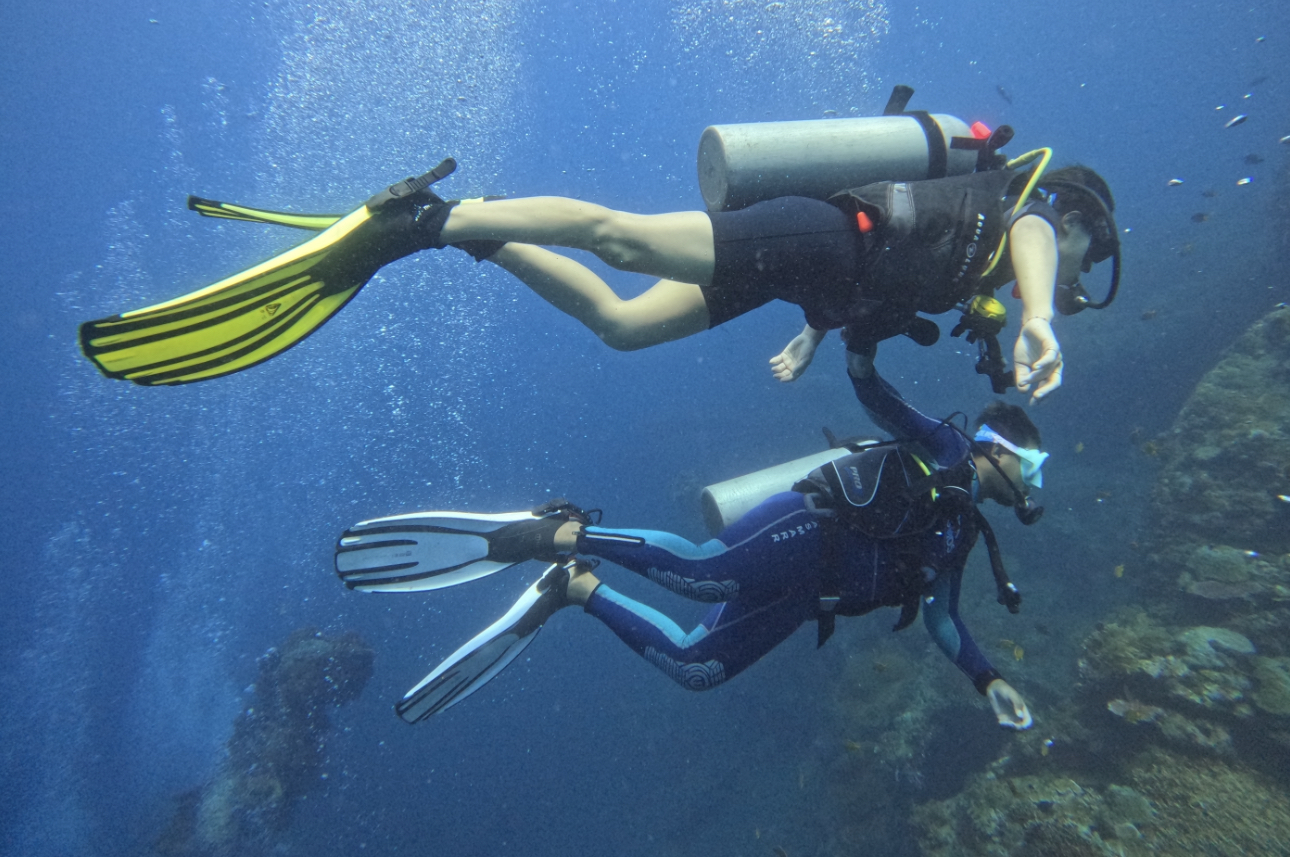Do you dream of exploring the world beneath the waves, only to be deterred by spine-chilling tales of being stranded in the ocean's abyss or facing hungry sharks? Well, it's time to dispel these myths and uncover the real story behind scuba diving. The ocean's secrets are waiting to be revealed, and they're far more exhilarating than you could ever imagine!

In this blog, we're on a mission to debunk some of these myths and unravel the truth behind the wonderful realm of scuba diving.
Let's dive in:
Myth 1: Diving is Only for the Super Fit
Reality: Scuba diving is a sport for everyone, not just elite athletes. While adequate fitness levels are essential, you don't need to be an Olympic swimmer or marathon runner to enjoy diving. Most dive certifications require you to demonstrate basic swimming skills and complete a short swim, usually around 200 meters. As long as you're comfortable in the water and are reasonably fit, you can explore the underwater wonders.
Myth 2: Diving is Dangerous
Reality: Scuba diving is remarkably safe when practised with proper training and adherence to safety guidelines. Dive agencies like PADI provide comprehensive courses that equip you with essential knowledge and skills. Always dive with a certified buddy, follow dive tables or dive computers for no-decompression limits, and maintain proper buoyancy control. Diving's safety record is commendable when divers respect the rules and their limits.
"Such a good experience and a very good instructor. Even though I was very scared, they encouraged and helped me a lot. The instructor was very patient, and we took our time to learn everything so that I would feel more confident diving." - Monica
Myth 3: Diving is Too Expensive
Reality: Scuba diving can be as affordable or as luxurious as you desire. While there are costs involved, such as certification courses, equipment rental, or purchase and travel, you can find budget-friendly options. Consider starting with a basic certification like PADI Open Water Diver, and rent equipment from dive shops. As you gain experience and passion for diving, you can gradually invest in your gear.

Myth 4: You Can't Dive with Medical Conditions
Reality: Many individuals with medical conditions can dive safely after consulting a physician experienced in dive medicine. Conditions like asthma, allergies, or even minor heart issues may not be dive-limiting. However, being honest on medical forms and undergoing evaluations when necessary is crucial. Your safety is a top priority in the diving community.
Myth 5: The Ocean is Full of Man-Eating Sharks
Reality: Hollywood has given sharks a fearsome reputation, but in reality, shark attacks are exceedingly rare. Most shark species are harmless and shy away from humans. Divers often go their entire diving lives without encountering a shark. When they do, it's typically a thrilling and memorable experience rather than a dangerous one.

Myth 6: You Need to Dive Deep to See Cool Stuff
Reality: While deep diving opens up different experiences, you'll find plenty of incredible marine life in shallower waters. Many vibrant coral reefs, schools of colourful fish, and fascinating macro creatures can be found in depths accessible to novice divers. Dive sites often cater to various depth preferences. The world-famous USAT Liberty shipwreck in Tulamben, for example, starts at only 3 meters and is accessible from shore!
Myth 7: You Must Travel to Exotic Locations to Dive
Reality: While exotic destinations offer fantastic diving, remarkable dive sites are in unexpected places. Lakes, quarries, and even rivers can offer unique underwater experiences. Local diving can be accessible, budget-friendly, and a wonderful way to hone your skills.
Myth 8: You Need a Dive Buddy
Reality: Dive buddies are crucial for safety, but it doesn't mean you must bring your own. Most dive operators can pair you with a buddy or even be your buddy. It's an opportunity to meet fellow divers and share the underwater experience. Here at Bali Dive Cove in Amed, Bali, our fun and professional team are happy to be your dive buddy during your fun dives!

Myth 9: You Will Get Lost at Sea
Reality: Dive training includes navigation skills to prevent getting lost. Learning to use a compass underwater is part of your scuba certification. During your PADI Advanced Open Water, a whole dive is dedicated to navigation. You will also learn lost buddy procedures during your PADI Open Water Course.
Myth 10: Your Divemaster is Responsible for Your Safety
Reality: While divemasters are trained professionals, your safety is your responsibility. Divers must follow safety procedures, stay within their limits, be aware of their surroundings, and communicate effectively with their buddy and dive team.
Myth 11: Learning to Dive is Difficult/Takes a Long Time
Reality: Learning to dive is an exciting journey, not an arduous task. Certification courses are designed to accommodate your pace. You can start with basic certifications and progressively advance. Each dive is a step forward in your diving adventure. You can start with a one-day Discover Scuba Diving experience to dip your toes in and then progress to a full certification. The PADI Open Water course in Amed, Bali takes as little as 3 days. Want to know more about getting started? Read about the beginners guide to scuba diving here.

Now that we've dispelled some common scuba diving myths, we hope you feel more confident and excited about exploring the underwater world. Scuba diving is a thrilling adventure accessible to a wide range of individuals. It offers a chance to connect with marine life, experience breathtaking underwater landscapes, and contribute to conserving our precious oceans.
Have you encountered any other scuba diving myths? Share your thoughts and experiences with us!
To start your scuba diving adventure in Amed, Bali, send us a message on WA +62 819 4544 3567 or drop us an email at balidivecove@gmail.com. We organise a wide range of PADI courses from beginner upwards and daily fun dives around Amed and Tulamben - we look forward to hearing from you!